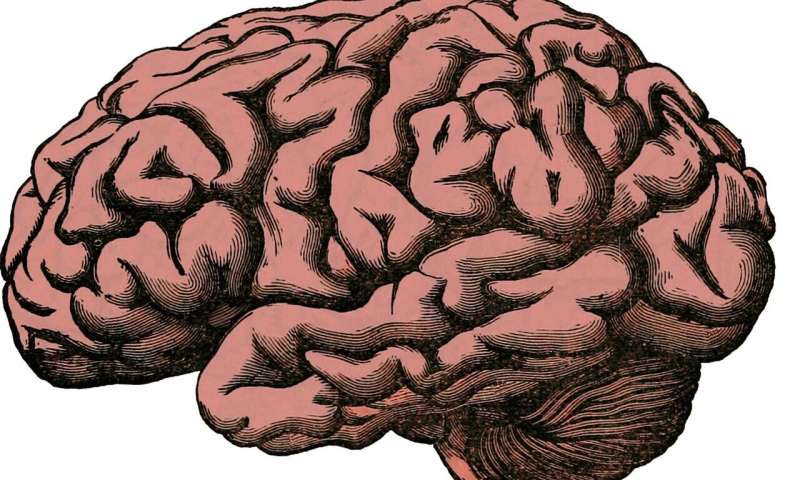A key to the opioid crisis may be knowing why some brains are more easily addicted

Today, more Americans die from overdoses than car accidents. Understanding how to treat individuals with opioid addiction will be crucial to stemming the unprecedented number of drug-related deaths.
However, researchers at USC Dornsife College of Letters, Arts and Sciences say that understanding the psychological mechanisms that make individuals more likely to develop addiction in the first place will be key to reversing the country’s opioid crisis as a whole.
In a report published recently in Psychological Science in the Public Interest, Professor of Psychology Antoine Bechara and other researchers in neuroscience, addiction and behavioral health laid out the latest research into what makes individuals vulnerable to substance abuse and dependency. They also unveiled new discoveries that may hold the key for successful prevention and treatment for those addicted to opioids and other drugs.
“Addiction is a disease of decision-making,” said Bechara. “The majority of people have intact brain mechanisms of decision-making that keep them resilient to succumbing to an addiction. The question is, who is more vulnerable and how do we best determine that?”
Bechara and his colleagues believe advancements in brain science can help identify those vulnerable individuals before they’re exposed to addictive substances, as well as determine how to treat anyone who has become addicted.
One explanation for the underlying tendencies toward addiction may have to do with the brain’s prefrontal cortex. Located at the frontmost part of the brain, the prefrontal cortex is key for self-regulation, long-term goal-setting, impulse control and the ability to predict consequences of behavior.
A weak prefrontal cortex—resulting either from genetic factors or from developmental factors such as early head injury—may influence addiction. The prefrontal cortex is very susceptible to even mild traumatic head injuries; early child abuse can also impact the development of the prefrontal cortex.
“There are several factors that create the situation where the prefrontal cortex is suboptimal or weak, and the decision-making capacity doesn’t develop normally,” said Bechara. “These are people who become more susceptible to becoming addicted not just to opioids but other drugs they have access to.”
The authors expressed the need for a clinical test to screen and sort out those who are more likely to misuse and abuse opioid drugs, such as those with prefrontal cortex dysfunction.
For those who are already addicted, the researchers presented studies on behavioral approaches—including training designed to increase working memory capacity—that can boost the functions of the prefrontal cortex.
Source: Read Full Article



